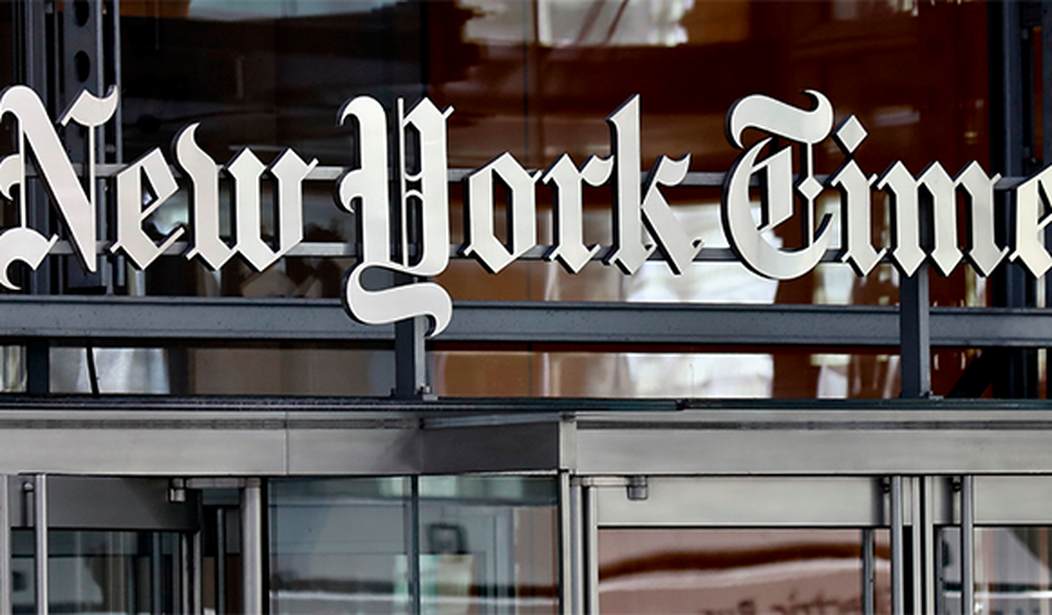Many, if not most, first year law students taking a course in property law are taught the now famous case of International News Service v. Associated Press. In that case, the court had to determine if the Associated Press had a legal property right to “hot news” that INS was taking off their early bulletins (this pre-dates the era of internet news) and selling it in other time zones as news they had procured themselves. The court determined that the AP had at least a quasi-property right to the news it obtained and had legal recourse against a company trying to take the news away from them. (The basis of this ruling was the policy consideration that the news industry required it, because AP would not continue its business if competitors can siphon off its work without paying for it. The dissent forcefully disagreed, stating, there can be no property right to a mere combination of words.)
Thinking about news procured as a property interest is a fascinating way to think about the media industry and can perhaps be enlightening as to its current state.
This case is taught today solely for the theoretical derivations it provides. Indeed, its holding has just about zero practical implication in the era of modern news reporting, because long gone are the days where AP puts its news on a bulletin to be redistributed. Due to technological developments, a news story is often “reported” by way of a 200 character tweet. At that point, using the tweet as a basis for its source, each news outlet can run with the story. Stealing AP’s hot news is impracticable when AP posts it on the internet to millions of followers for everyone to see who got the story first.
Back when this decision was rendered, companies like AP and INS made money by selling their stories to newspapers, who would then provide it for their readers. But today, AP has millions of followers on social media, and does not need The New York Times, or anyone else for that matter, to distribute the news on their behalf. The news-obtainers and the newspapers have merged into a single entity, and there is no meaningful differentiation between the two roles.
But where one company was responsible for creating the news, and where the other was merely responsible for distributing it, which of these two companies would more naturally survive should the roles mesh into one? Clearly the news-creators – who now have the technological capability to distribute on their own – will out-live the news distributors.
Recommended
The result is clear. And frankly, it’s no secret. Newspapers have become obsolete. There is no use in reading a newspaper in the morning. By the time it gets to your doorstep in the morning, the 24 hour news cycle has moved on to a new topic of discussion. News is no longer daily, it's constant, and much like a judicial jurisprudential doctrine, it is constantly developing.
Media organizations have tried to combat the downfall of the hardcopy paper with online subscriptions. But this also fails. There is simply little that The New York Time can put into a piece behind the paywall that a Twitter or Google search cannot deliver to a reader for free.
Consequentially, news organizations have found that they must sell something else – other than news – in order to maintain a readership. This must be done, of course, while masquerading this product as news. There is only one thing left for newspapers to provide its readers that can actually be considered of value. That being, of course, giving their readers the self-aggrandizing satisfaction that their view of the news is the only legitimate view of the news.
Enter fake news. Unable to make their living off the reporting of news by people who want to consume it, the news media went into the entertainment business. Happy they were to lose the non-die hard supporters, these companies now satiate their corporate needs by catering exclusively to a base to whom they can pander and to activists too blinded by their own biases to notice that the paper they so devoutly subscribe to, is just regurgitating exactly what they want to hear.
This, of course, is why there is outrage when someone not overtly radicalized by the left appears on their pages (think of Bari Weiss as an example.) When for a moment the organization forgets that their new job is to feed the beast only that what she wants to hear, the newspaper gets an unfriendly reminder that they serve one purpose, and that purpose has very little to do with reporting the news.
Elliot Fuchs is a political consultant, commentator, writer, and law student.

























Join the conversation as a VIP Member